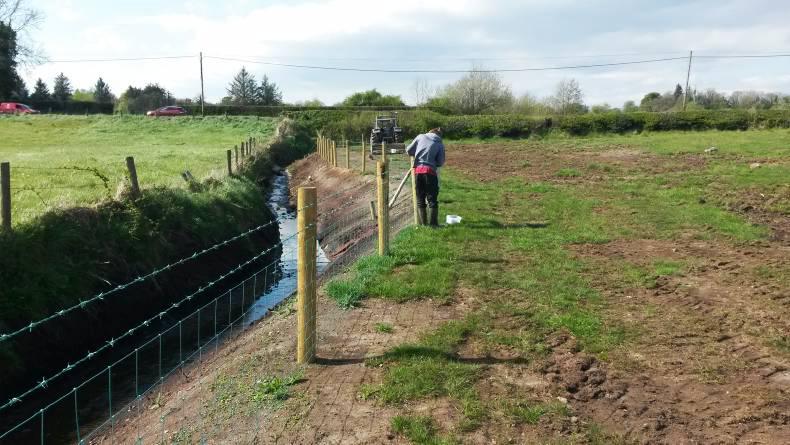A consultation is currently running until 4 August on DAERA plans to overhaul the review of decisions process in NI.
At present, it is run in two stages, the first stage when a Department official undertakes an internal review of the initial decision of the Department. If an applicant to an area-based scheme is not content with the decision at stage one, they can then proceed to a second stage review involving an external panel.
However, with a significant rise in appeals since the introduction of new area-based schemes in 2015, the current process is extremely slow, with a stage one review taking up to 12 months, and possibly years when the review moves to stage two.
As a result, DAERA plans to change the process, dropping out the stage two review, and instead putting extra resources to complete a more “robust and comprehensive” stage one review using officials not involved in the initial decision. The aim is to complete a review process in under three months.
At present, if an applicant is still not content after the review process is complete, and wishes to challenge on a point of law, the only option is to pursue what could be a costly process through the courts.
One farmer who contacted the Irish Farmers Journal is currently faced with this possibility, having contested a decision made to withhold Single Farm Payment that goes back a number of years. He has received a letter stating that the stage two review panel support his case. However, DAERA can still choose to ignore the view of the panel, and decide not to reinstate his payment.
Another has been left angry and frustrated after his daughter failed to get through the young farmer process in the last two years. “It would be better if DAERA forget the review process, and instead put legal aid in place so that decisions can be challenged in court. Our second stage appeal from 2015 still hasn’t been heard,” he said.
He was also very critical of the interview used by the Department to assess young farmer applicants.
“We were told it was meant to be a friendly chat. It was far from that – more like an interrogation. A young farmer would be well advised to take a tape recorder and a lawyer,” he maintained.
Through the process, he said that he had spent thousands on accountancy fees setting up the business and now had a young farmer at home who was head of holding, owned 50% of the herd and needed to take a wage out of the business.
“We have done everything correctly, only to find that she was rejected because she didn’t know every last detail in an interview. No one is standing up for the young farmer in all this,” he claimed.






 This is a subscriber-only article
This is a subscriber-only article









SHARING OPTIONS: